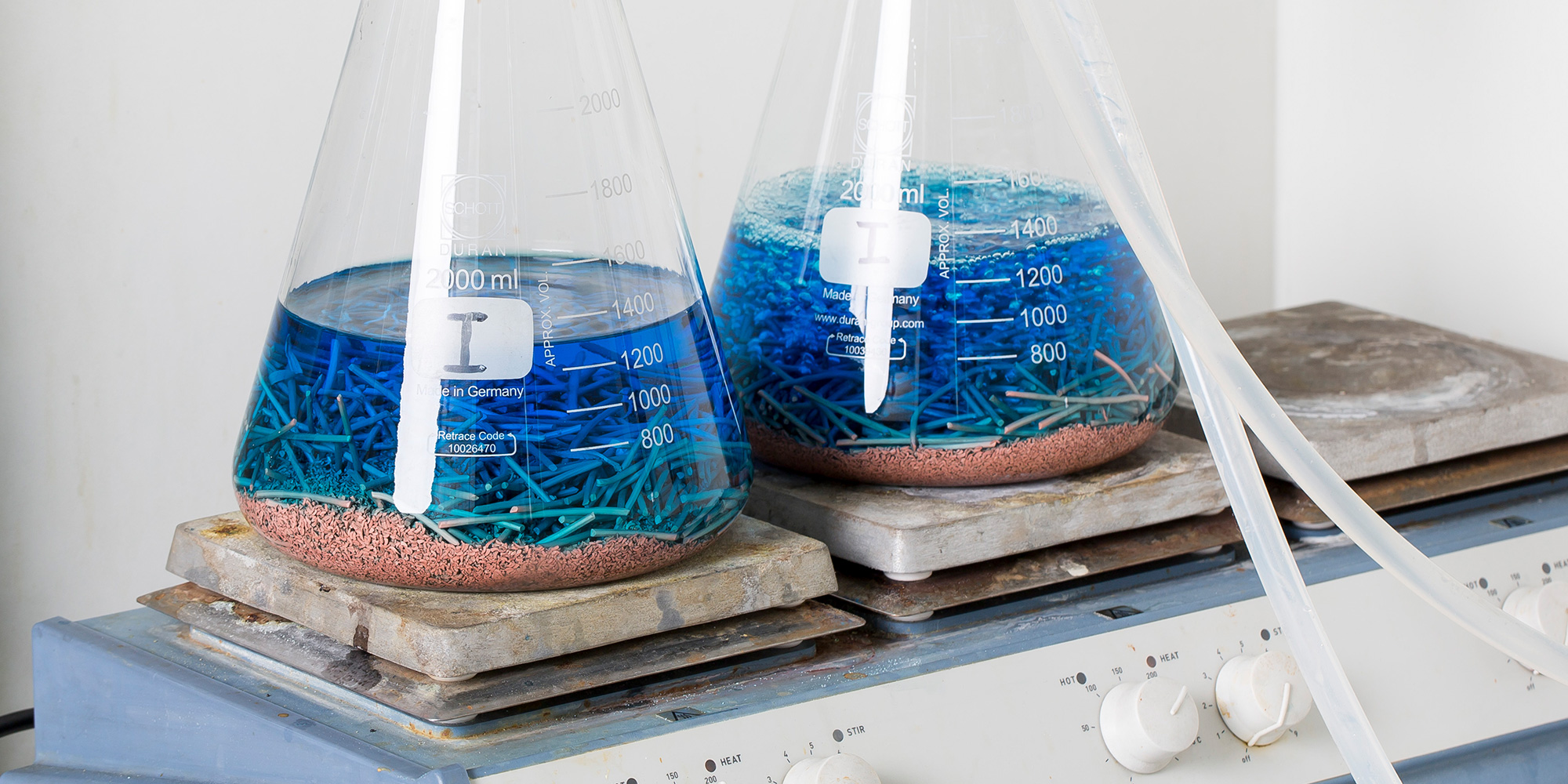JIS G0577 Stress Corrosion Cracking Resistance Test
The JIS G0577 test is a critical method used to evaluate the resistance of metals and alloys to stress corrosion cracking (SCC). This testing procedure simulates real-world conditions where materials are subjected to tensile stresses and corrosive environments. The test is particularly important for industries such as oil & gas, chemical processing, and aerospace, where the integrity of components is paramount.
Stress corrosion cracking occurs when a material undergoes slow crack propagation under combined stress and specific environmental conditions. This phenomenon can lead to catastrophic failures in critical infrastructure, making it essential to identify materials that exhibit high resistance to SCC. The JIS G0577 test helps manufacturers select appropriate materials for their applications.
The procedure typically involves subjecting a specimen to a tensile stress and a corrosive environment. The standard specifies the types of environments (such as chloride-containing solutions) and the duration of exposure, which are crucial factors in determining SCC resistance. After exposure, the specimens undergo visual inspection for cracks followed by fractographic analysis.
Understanding the mechanisms behind SCC is vital for optimizing material selection and designing effective corrosion protection strategies. The JIS G0577 test provides insights into how materials behave under specific stress-corrosion conditions, enabling manufacturers to make informed decisions about their product design.
The test's relevance extends beyond material selection to the entire lifecycle of a component. By identifying SCC-prone materials early in the development process, engineers can implement preventive measures such as surface treatments or alloy modifications. This not only enhances product reliability but also reduces maintenance costs and potential safety risks associated with failures.
Moreover, compliance with JIS G0577 is often a requirement for industry certification and regulatory approval. For instance, in the oil & gas sector, where integrity is critical due to the harsh environments involved, adherence to this standard ensures that equipment meets stringent quality standards. This not only facilitates smoother market entry but also builds trust among end-users.
Given its importance, it's essential for manufacturers and R&D teams to have access to a reliable testing facility that can perform JIS G0577 tests accurately. Such facilities should be equipped with state-of-the-art instrumentation capable of replicating the necessary stress and environmental conditions precisely. This ensures accurate results, which are crucial for validating materials' SCC resistance.
The test's complexity also necessitates expertise in both material science and corrosion engineering to interpret results effectively. A comprehensive understanding of the underlying mechanisms is essential for deriving actionable insights from the testing process.
Benefits
- Enhanced Material Selection: Identifies materials with high SCC resistance, enabling manufacturers to choose the most suitable options for their applications.
- Informed Design Decisions: Provides insights into how materials behave under specific stress-corrosion conditions, aiding in the design of more reliable components.
- Improved Product Reliability: Ensures that products are less likely to fail due to SCC, enhancing overall product reliability and safety.
- Compliance Assurance: Facilitates compliance with industry standards and regulatory requirements, ensuring market entry and maintaining a positive reputation.
- Cost Savings: By identifying problematic materials early in the development process, it helps avoid costly redesigns and maintenance expenses.
International Acceptance and Recognition
The JIS G0577 test is widely recognized and accepted across various industries globally. Its strict standards ensure that the results are consistent and comparable, making it a reliable method for evaluating SCC resistance.
This international recognition translates into increased market opportunities as manufacturers can rely on these tests to meet global quality benchmarks. It also fosters trust among stakeholders, including suppliers, customers, and regulatory bodies.
The acceptance of JIS G0577 in the oil & gas sector is particularly notable due to the stringent requirements for material integrity in this industry. Companies that comply with this standard often gain a competitive edge by demonstrating their commitment to quality and safety.
Additionally, the test's alignment with international standards such as ISO 12697-2 further enhances its credibility and acceptance worldwide. This harmonization ensures that tests conducted in different regions are comparable, promoting a level playing field for all participants in the global market.





